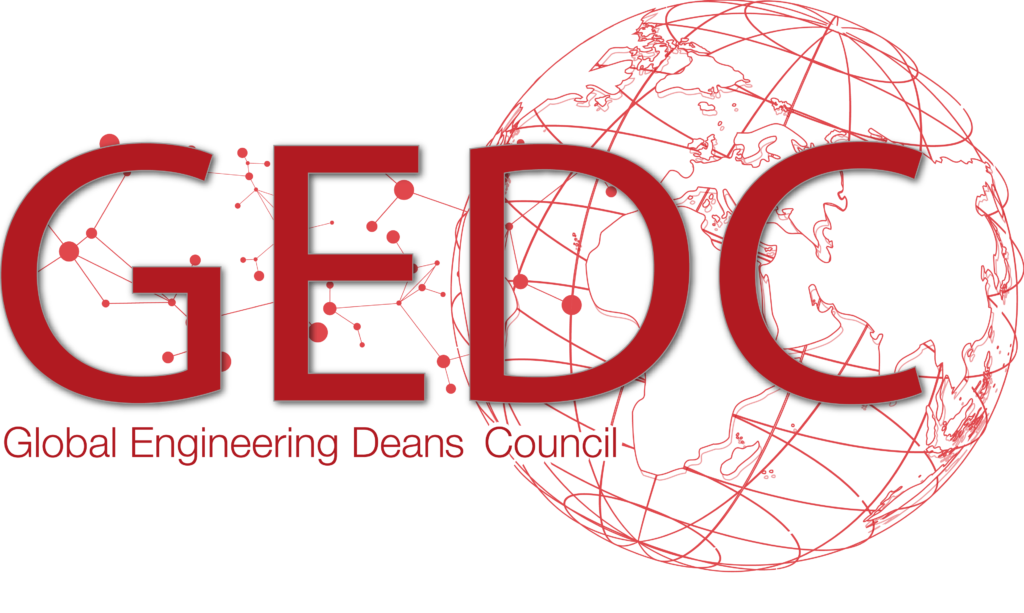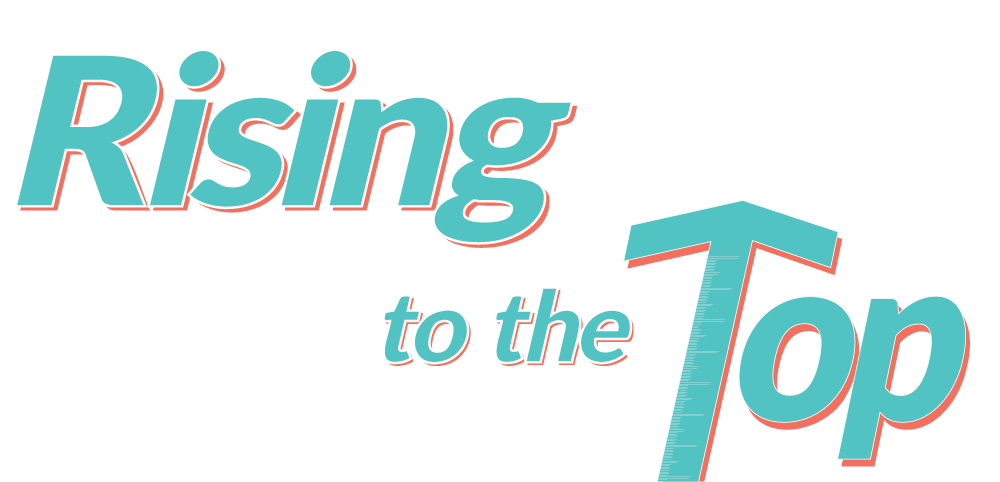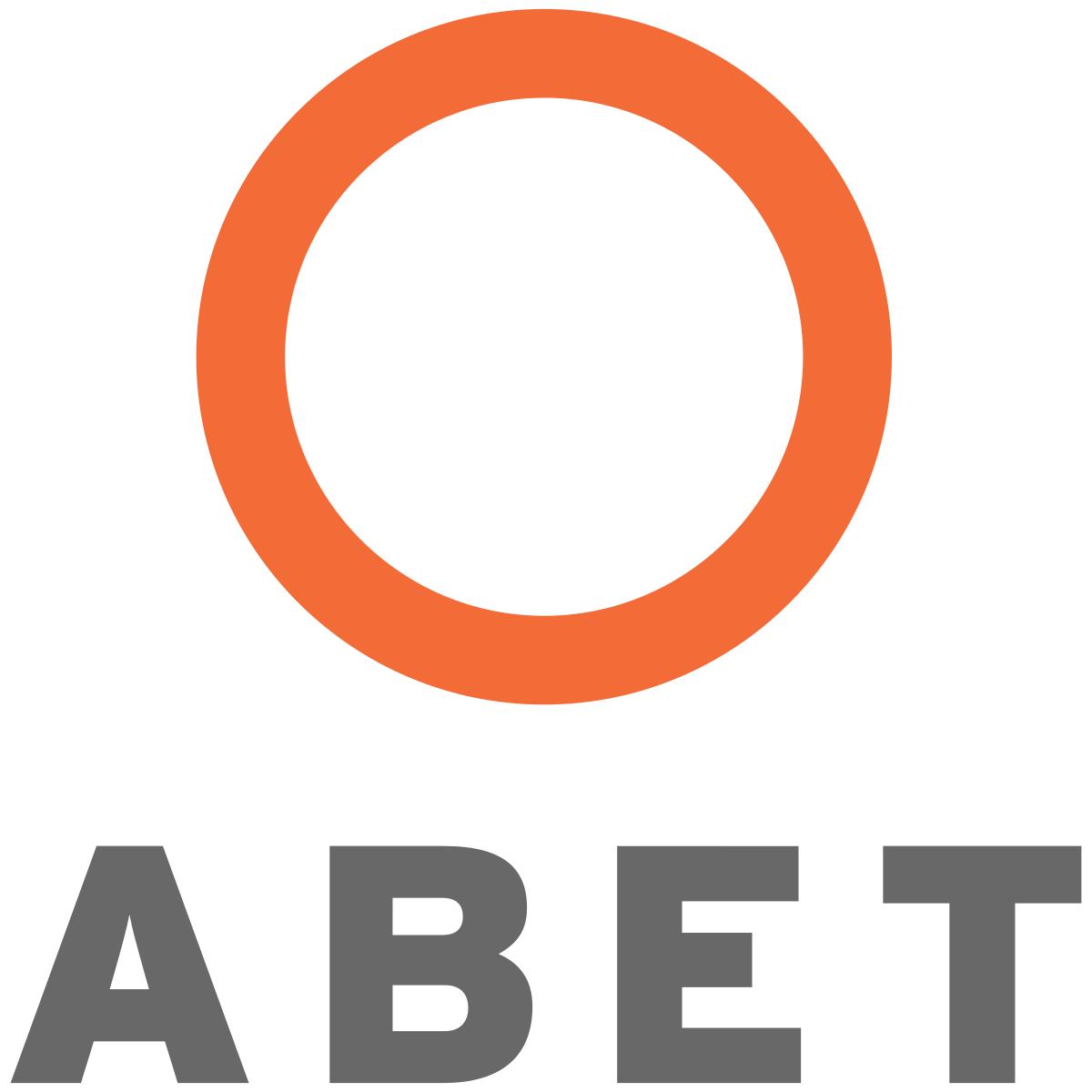The Faculty of Engineering, Built Environment and Information Technology at the University of Pretoria in South Africa present a compulsory undergraduate module, Community-based Project Module (code: JCP). It entails that students have to work at least 40 hours in the community and thereafter reflect on their experiences. In 2020 there are 1909 students enrolled for the module.
South Africa only identified it’s the first case of COVID-19 at the beginning of March 2020. A national lockdown was announced on the 26 March 2020. With the lockdown linked to COVID-19, the JCP students experienced a challenge to complete their 40 hours. In collaboration with the communities, many of them found a creative way to do their fieldwork.
The e-service projects constitute a new endeavour for the students in the module. It is essential to link schools and teachers who are willing to get involved with various aspects of online teaching with their learners receive support. Previously, students assisted communities with online projects through the development of apps, websites, and educational videos, yet these e-service community projects during the lockdown open numerous new opportunities for the students to provide a meaningful service to the communities.
The level of community involvement in projects also changed as the community needs are unique to the COVID 19 context. These projects require new and unique levels of interaction with the community as well as planning. Students assisted teachers in primary- and secondary schools with their online teaching. The teachers and JCP students had to think of projects that would accommodate the profile of the learners as well as the teachers, as online education is a new educational field for many schools.
Immediate needs were addressed. Students assisted with Google classroom lectures, developed YouTube videos and PowerPoint presentations, and taught learners via WhatsApp. Schools that they have been helping include Palm Grove High school in Benoni, Tsako Thabo Secondary School in Mamelodi, Blue Hills College in Midrand, Laerskool Menlopark, Laerskool Queenswood and Pretoria Secondary School, Laerskool Valhalla, Laudium Heights Primary School, Uitsig Primary School in Pretoria. Other students developed YouTube videos focussing on specific topics in the curriculum and share it with the learners. These videos are also uploaded on the JCP YouTube channel and shared with schools.
Two students, David de Villiers and Kian Strydom, both second-year Computer engineering students, also assisted PEN NGO shelters and communities across Tshwane by developing an app for use by the Tshwane Homelessness Forum. The purpose of the app is to assist workers in their management of shelter needs and supplies during the C0VID-19 epidemic so that they can optimally provide for and assist their communities.
Students who worked on their project during lockdown reflected on their role during the COVID 19 epidemic and provided an overview of their views on social responsibility in a time of the global crisis.
Nishsai Veerappa, a second-year BCom (Informatics) student, reflected on her project: “I did not realise how difficult a teacher’s job is, especially in the current pandemic. Learners rely on these presentations to learn the work that they should have learnt in their classroom. I am learning how to make the children engage and pay attention to what is being taught. It is done by using various visual techniques and asking questions in a variety of different ways. I am also learning how to communicate with my supervisor and team members without face-to-face communication.”
Ruben de Jager, also a second-year BCom (Informatics) student, said: “I am learning ways to communicate with a community of teachers and to understand their work environment and the lengths they would go to for their learners. Problem-solving skills and technical skills are required, not only from us but also from the teachers and learners.”
Emile Asari, a second-year civil engineering student, indicated that “as a group we have learned the effect the COVID-19 pandemic has on the world and the strain it has put on hospitals around the world, and how it is so important for people to continue social distancing and to stay at home and wear masks and use hand sanitiser to protect ourselves and other people from getting the COVID-19 virus.”
Tertius de Jongh, a second-year multi-media student, stated: “We wanted to assist where we can, now during the pandemic. We realised that masks are important and that teachers will be able to teach more easily with a visor than a mask. We made visors for Tsko Thabo Secondary School. We are enthusiastic about the project and are continuing to make more visors for other schools.”
Thomas Kabutz, a second-year mechanical engineering student, reflected: “I am doing this project because I enjoy crafting and making things (helping indirectly) a lot more than interacting with people (helping directly). Due to the ongoing pandemic, my plans of offering a robotics course have collapsed, and I have ended up doing something that I enjoy a lot more. So far, I have learned to optimise the making of the masks. The time to make one mask has more than halved.”
Jano Esterhuizen, a second-year electronic engineering student, reported: “the youth is the most influential group in our society because of their abundance of energy. Therefore we as the youth have the power to set the standards for the future. The JCP project of the University of Pretoria made me realise how much need there is for volunteering work in our communities. The small deeds that we as youth do (that does not take much of us) can make a massive impact on other people in need.”
Dylan Benecke, a second-year mechanical engineering reflected: “so far it has been a rollercoaster ride. The school that we are helping have such a limited amount of recourses and this means that a lot of the learners and teachers don’t even have access to our videos and notes. We came up with elegant ideas so that more learners and teachers have access to our material. It really has made me appreciate the educational pathway I have had in my life.”











